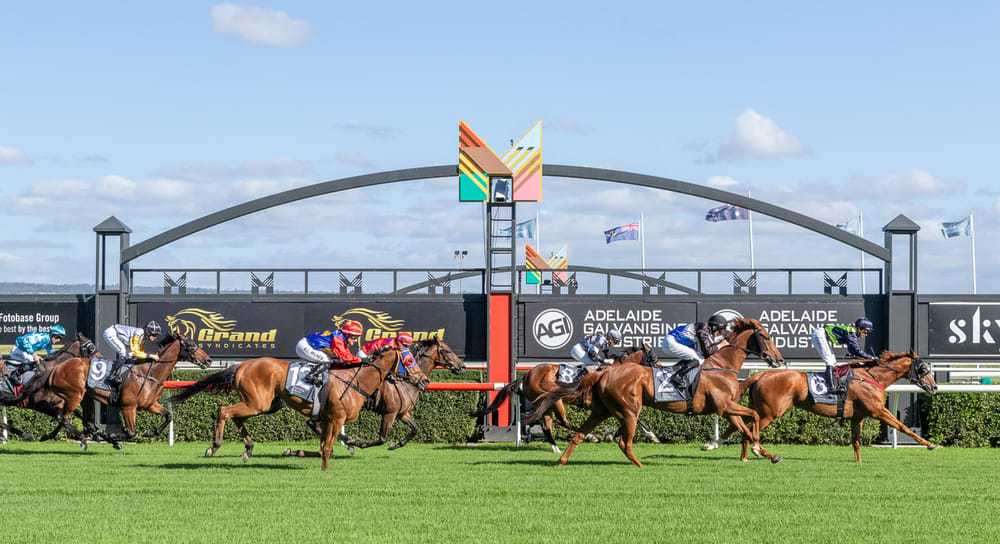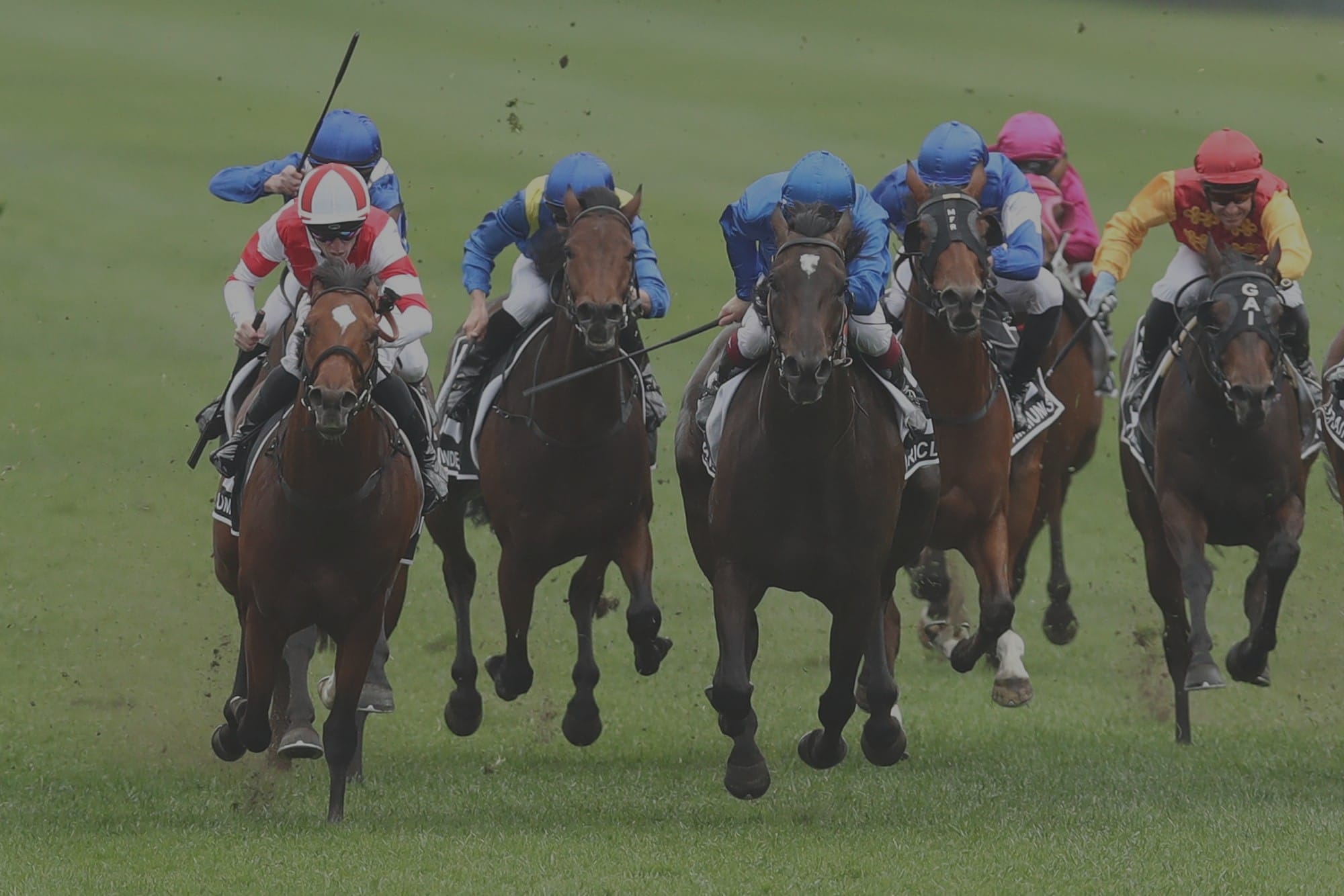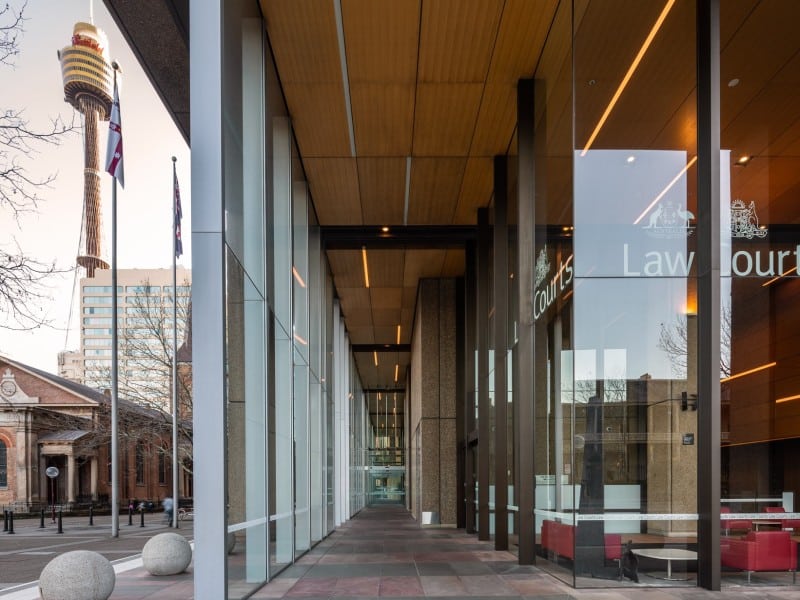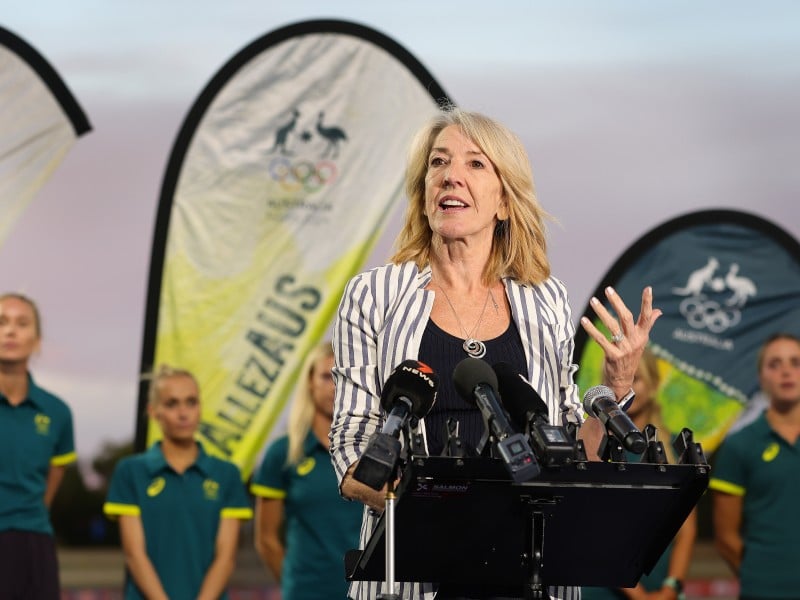Point of Consumption – The gift that keeps on giving, according to the Queensland treasurer
The Queensland budget has predicted that receipts from wagering taxes powered by its 20 per cent Point Of Consumption Tax will defy a national trend and exceed expectations by $82 million over the next four years.

The first year Queensland started collecting Point Of Consumption tax revenue in 2017/18, it banked a mere $9 million.
But such has been the precipitous growth in its proceeds, that in the space of a decade, it is predicted to secure $318 million on an annual basis in 2027/28.
That is the projection from the Queensland budget, released on Tuesday and predicting gambling taxes would continue to grow by an expected 7.2 per cent this financial year. 4.5 per cent in 2024/25 and then annual growth of 3.6 per cent over the following three years.
Gambling taxes in the Queensland context represent 8.6 per cent of state government taxes, around $2 billion, and include taxes on casino, gaming machines, kenos, lotteries and what is termed the wagering tax.
The wagering tax element, worth $286 million this financial year, is largely made up of Point Of Consumption Tax.
Initially imposed at 15 per cent, POCT was increased to an Australian high of 20 per cent in December 2022, with 80 per cent of that revenue flowing back to funding on racing, usurping a host of other complex funding structures.
Racing Queensland is more reliant on POCT than any other state for its racing funding and hence is the most exposed to government projections. The treasurer specifically called out the funding model in the budget.
“The new funding model and associated revenue reforms recognises the significant changes that have occurred in wagering markets through the growth in online betting and ensures all wagering operators are making an appropriate contribution to the future of the state’s racing industry,” it read.
“To leverage the benefits of the additional revenue raised through these measures, the new funding model includes 80 per cent of annual betting tax revenue being hypothecated to Racing Queensland to provide sustainable funding to Queensland’s racing industry and the thousands of jobs it directly supports across the state, including in many regional areas.”
That means that Queensland state budgets will no longer be the domain of discretionary government spend on ‘racing projects’. The new arrangement allows Racing Queensland to make many of those calls, with the funding certainty through the new arrangement.
‘Certainty’ is determined by the variation in that wagering tax revenue, something which has been called into question during a period where turnover has dropped significantly on racing in Australia, reportedly up to 20 per cent.
Budgets in other states have predicted that while POC-related gambling taxes might continue to grow, they will grow at a lower rate than had been predicted last year.
In Victoria, last month’s budget revealed a $53 million reduction over this and the next three years, while in South Australia it was $15 million. The NSW budget is set to be handed down on June 18.

However, Queensland treasurer Cameron Dick has taken a more bullish approach. Wagering tax returns will be $20 million higher this financial year than was budgeted last year, while the forward projections have been revised by a similar level on an annual basis.
Across this and the next three financial years, the revenue for wagering taxes in Queensland is predicted to total $1.189 billion, up $82 million from what was put forward 12 months ago.
Working on a rough calculation of 80 per cent return from POCT, that is an expectation of $64 million in additional funding through to RQ over that time. Given what is happening interstate, that would be an extraordinary result.
PRAs make their plans on more conservative models and have better access to the wagering data which would indicate that the Queensland budget predictions are, to put it politely, ‘optimistic’.
It’s worth noting that the Steven Miles-led Labor government is in an enormous fight to retain power at the October state election and with that in mind, it was designed to be a good news budget. Revising down forward tax estimates doesn’t qualify as good news.

However, it is long odds-on (currently $1.08) that the Liberal National opposition led by David Crisafulli, will claim power.
That outcome would not only change the tone around future funding of Queensland racing through the POCT but will likely lead to a substantial refresh of the Racing Queensland board.
Things could look very different by the time the 2025 budget rolls around.






